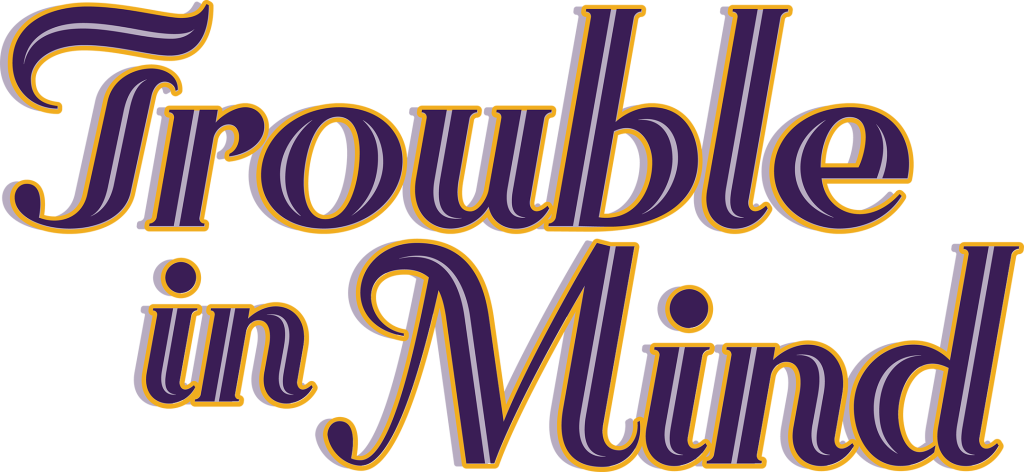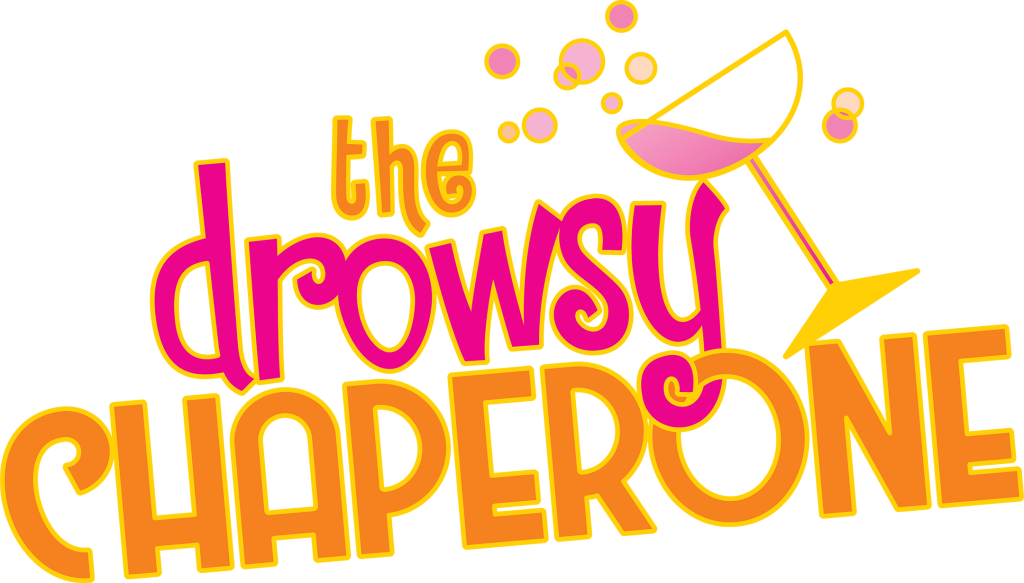Once we assembled the plays and musicals that comprise the 2023/24 Season at Lyric Stage, we were struck by the fact that every show includes actors, from the actors in the plays-within-the-plays at the heart of both Trouble In Mind and The Drowsy Chaperone to the most infamous actor in American history, John Wilkes Booth. Even Thirst has James Tyrone’s voice echoing from the other side of the kitchen wall.
At Lyric Stage, we love characters, and the artists who create them. With each character, our audiences share a world that the designers have fashioned as the actors unearth their lives.
This year, we witness characters forced to make life-altering decisions, characters who succumb to their worst natures, and characters who will carry us away with their glee.

For a theater company as closely identified with Stephen Sondheim as Lyric Stage, opening the season with Assassins is perhaps not surprising. The impact of this musical, written largely in the 1980’s and delayed from its Broadway debut for years because of the first Gulf War, will almost certainly land differently now than in its previous incarnations. We live in an age where violence and celebrity converge in increasingly discomforting ways.

What is becoming traditional at Lyric Stage is that in November and December, we celebrate the holidays without overtly acknowledging any particular custom or practice. We think the end of the calendar year is a wonderful time to gather with friends and family, particularly older and younger generations. This year, we welcome back Fred Sullivan, Jr., who directed such a raucous production of The Play That Goes Wrong to helm Ken Ludwig’s The Game’s Afoot. Subtitled Holmes for the Holidays, this play was written by Ken Ludwig, whose adaptation of Agatha Christie’s Murder on the Orient Express packed our houses in December 2019.

Like Assassins, Alice Childress’s Trouble In Mind’s Broadway debut was thwarted, though by a much greater span of time and because her producers in the 1950’s were not prepared for the truths her drama told. Ostensibly a backstage story about a play with best intentions for its moral compass, Childress’s Wiletta struggles with the soft racism of her director while seeking the escape she thinks her leading role in this play will provide. Not just about theater, the play forces its audiences to examine the dynamic between employer and employed, challenging assumptions about what spaces are safe to speak.

Theatre is an interpretive artform. We return to giants like Shakespeare to see each generation’s take on the text. Equally exhilarating, we think, will be the opportunity to see Ronán Noone’s Thirst. Set on the other side of the wall where Eugene O’Neill’s characters are living A Long Day’s Journey Into Night, Ronan brings us three Irish servants in a working kitchen, with yearning souls and lyrical banter. Like Trouble In Mind, Thirst reveals the vulnerability that comes from depending on a weekly wage. This will be only the second-ever production of Ronán’s play, giving us the opportunity to support this important local playwright. Our hope is that you’ll also see the eggs and bacon actually cooking on stage.

Come springtime, we’ll invite Larry Sousa to make his Lyric Stage directorial debut with the fizzy musical The Drowsy Chaperone. Talk about having a cake and eating it too, this show is simultaneously a jazz era musical while it also lovingly comments on a host of outdated conventions, giving Larry’s cast the opportunity to play some beloved theatrical tropes and also the fictional actors who played these fictional characters.

We close with Yellow Face, written by David Henry Hwang, a playwright we have long admired. Our 2012 production of his Chinglish remains an audience favorite. This squirmy funny semi-biographical play charts the character “DHH” who backtracks on the decision to cast an actor in part because of an ethnicity he has mistakenly assumed. Ultimately a forceful argument for representation, Yellow Face provokes because as a playwright and an activist, Hwang understands how often we use assumptions as a shortcut for thoughtful interrogation.

